Caught in the vicious cycle of credit card debt?
Stuck in a debt trap due to irresponsible credit card use? Here are 3 ways to try and get out of it.
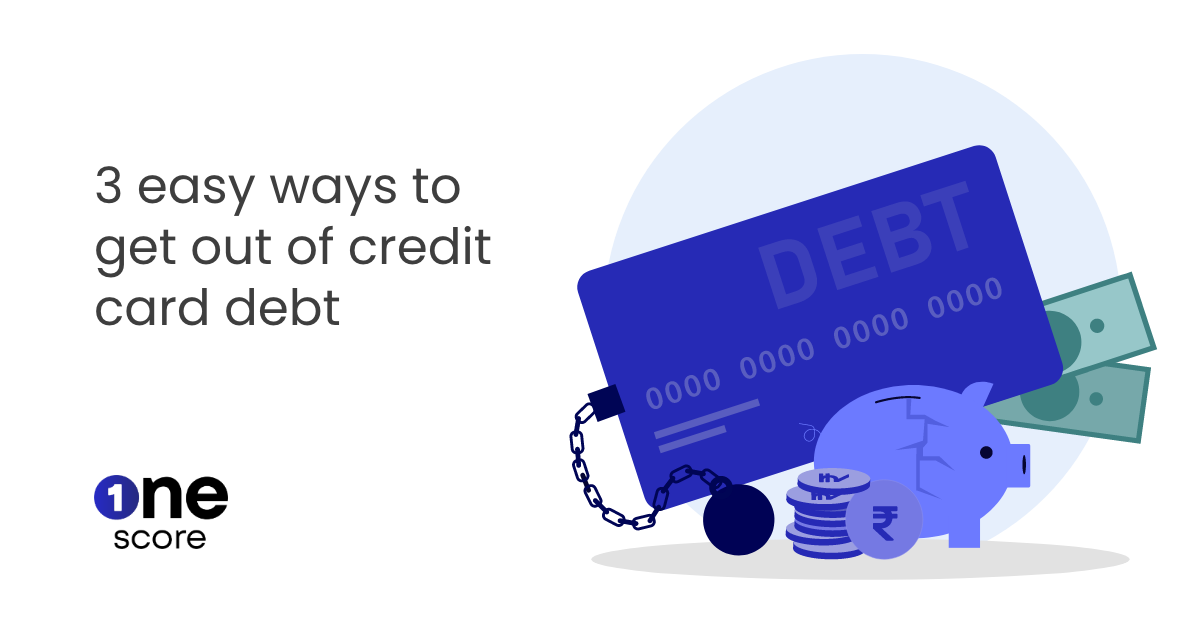
Credit cards could be a boon or a bane depending on how you use it. It’s the two sides of the same coin, which while offering you great offers, cashbacks, reward points, etc. can also push you down a debt spiral if not used responsibly.
Not paying off your credit card bills in full every month is the main reason why so many people fall into credit card debt these days. On top of that, still continuing with your purchases makes the situation go from bad to worse. Though other unavoidable situations such as a financial emergency or a job loss can also lead to piling up your debt.
Whatever the reasons, credit card debt not only puts you in financial stress, but damages your credit score as well (Read: Which factors make up my credit score?) and makes it even more difficult to get loans and credit cards in future.
Hence it’s best to avoid a situation where your credit card dues are more than what you can pay back. But if you find yourself stuck in such a scenario, here are a few proven methods to manage it better:
1) Discuss with your card issuer for repayment plans
If you are unable to pay off your debt due to some unavoidable circumstances, such as a job loss, your interest may simply keep mounting. However helpless you may feel at the moment, it’s advisable to talk to your credit card issuer and explain to them your current situation.
It’s likely that they will offer you a few repayment plans, such as offering you a no-interest grace period, or relaxing the interest rates.
2) Transfer the debt to another card with lower interest rates
Moving outstanding debt from one credit card to another - usually a new one, with lower annual interest rates is called balance transfer. You’d find many issuers offering you a zero balance transfer fee. Even better, some of them may also waive off interest charges for the initial few months. This will give you the much required breather to save the required amount and clear your debt once and for all.
3) Optimise your spending habits. Reduce your discretionary spends
Let’s face it. Even if you are head to toe in debt, you will still have ongoing expenditures to take care of. This is where prioritising comes into play. Learn to differentiate between what you want from what you really need. Make a budget, stick with it, and ensure you are paying your bills in full.
The faster you clear off your credit card debt, the lesser damage it will do to your credit score and report. To keep a better track of your outstanding dues and payments, download OneScore.
**Disclaimer: The information provided on this webpage does not, and is not intended to, constitute any kind of advice; instead, all the information available here is for general informational purposes only. FPL Consumer Services Private Limited and the author shall not be responsible for any direct/indirect/damages/loss incurred by the reader in making any decision based on the contents and information. Please consult your advisor before making any decision.
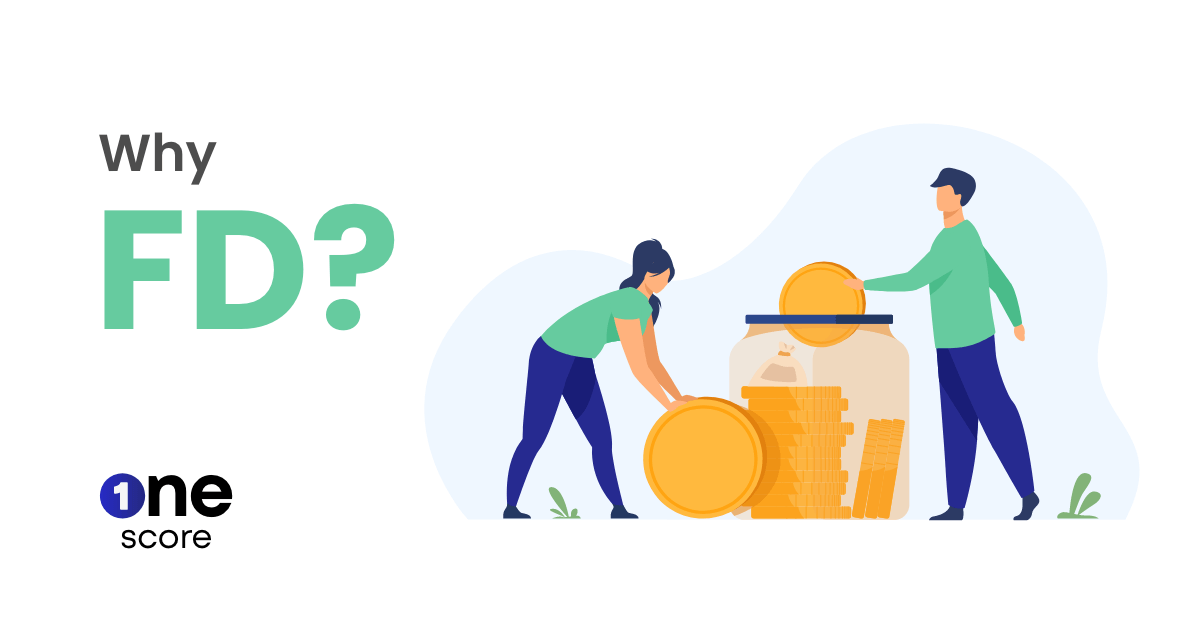
I want a One Credit Card. Why are you asking me to create an FD?
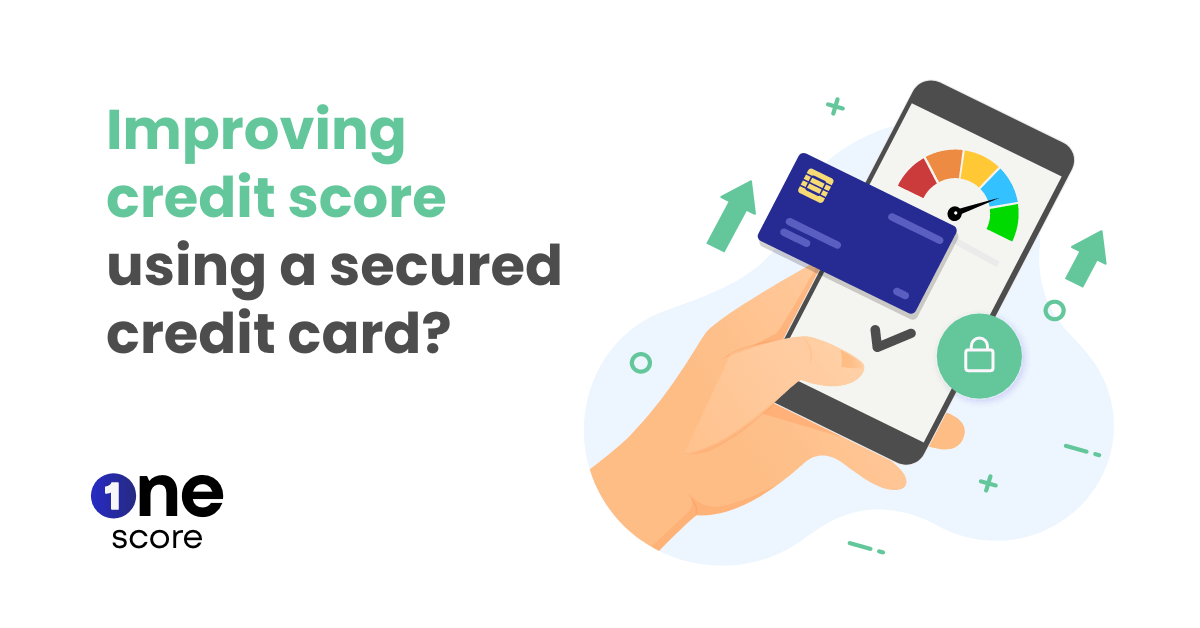
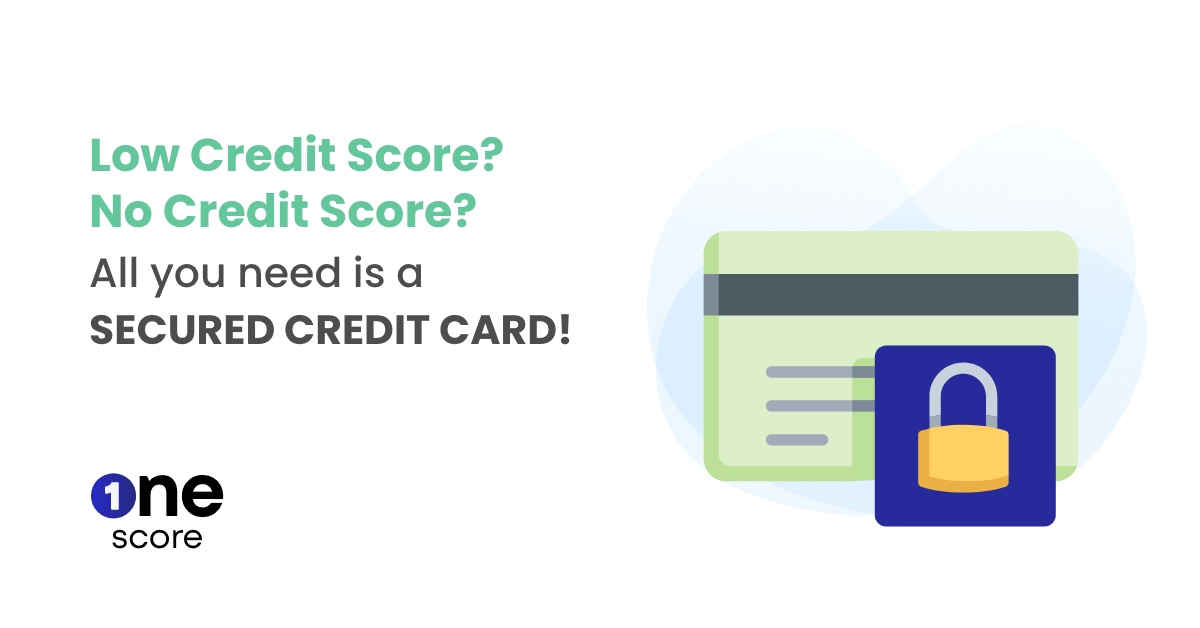
Low credit score or no credit score? Get a secured credit card!
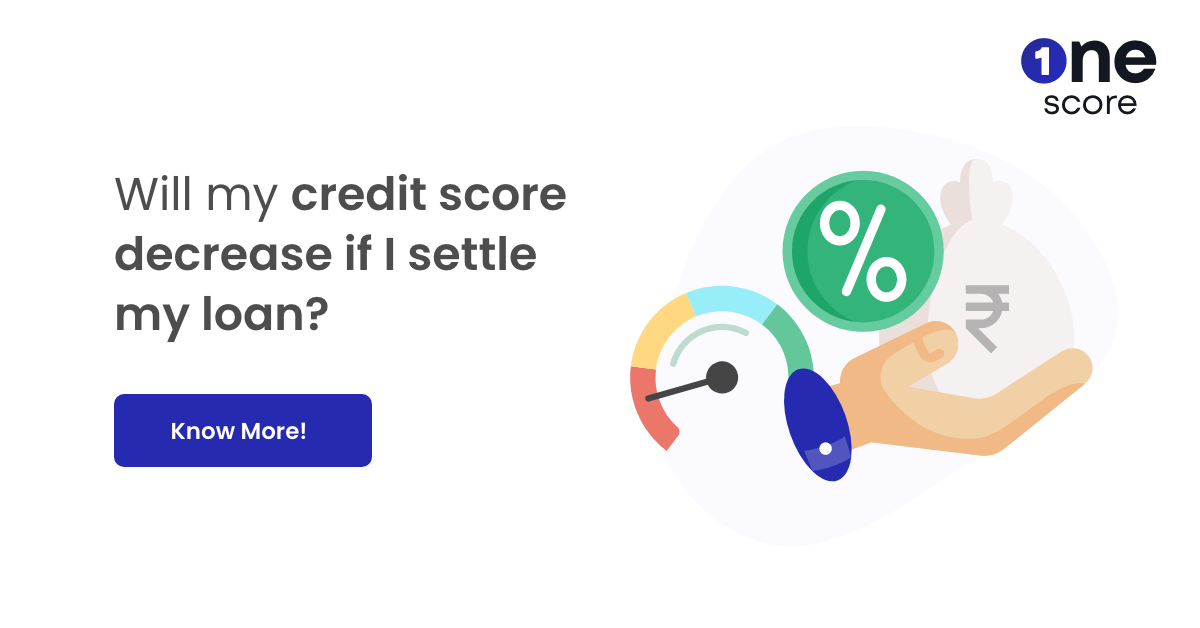
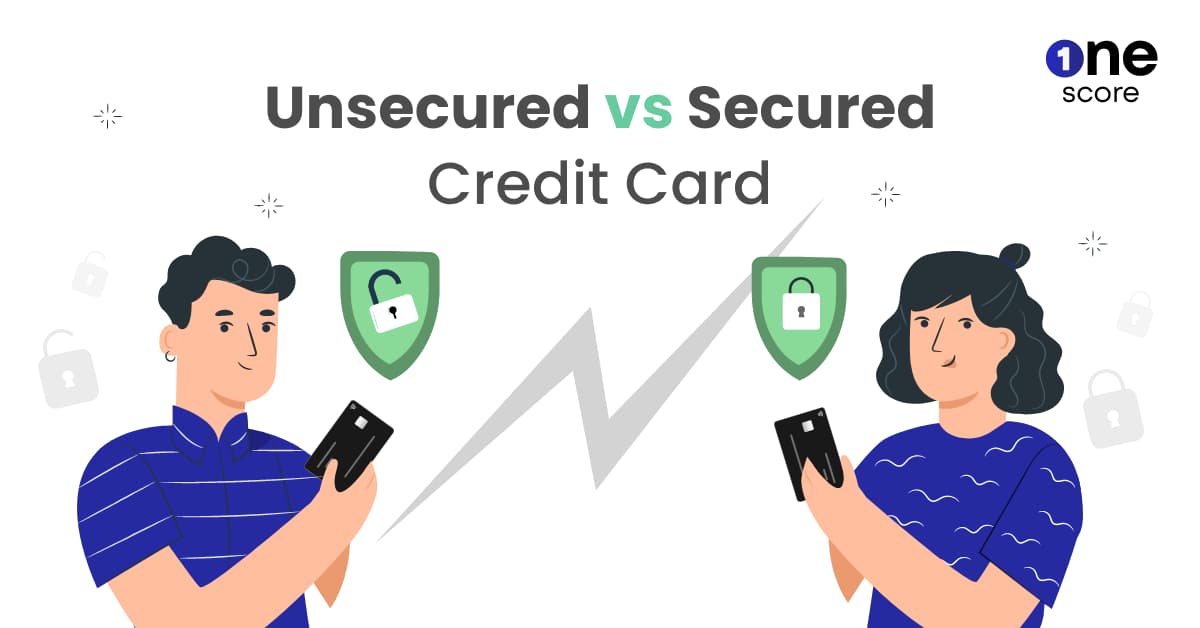
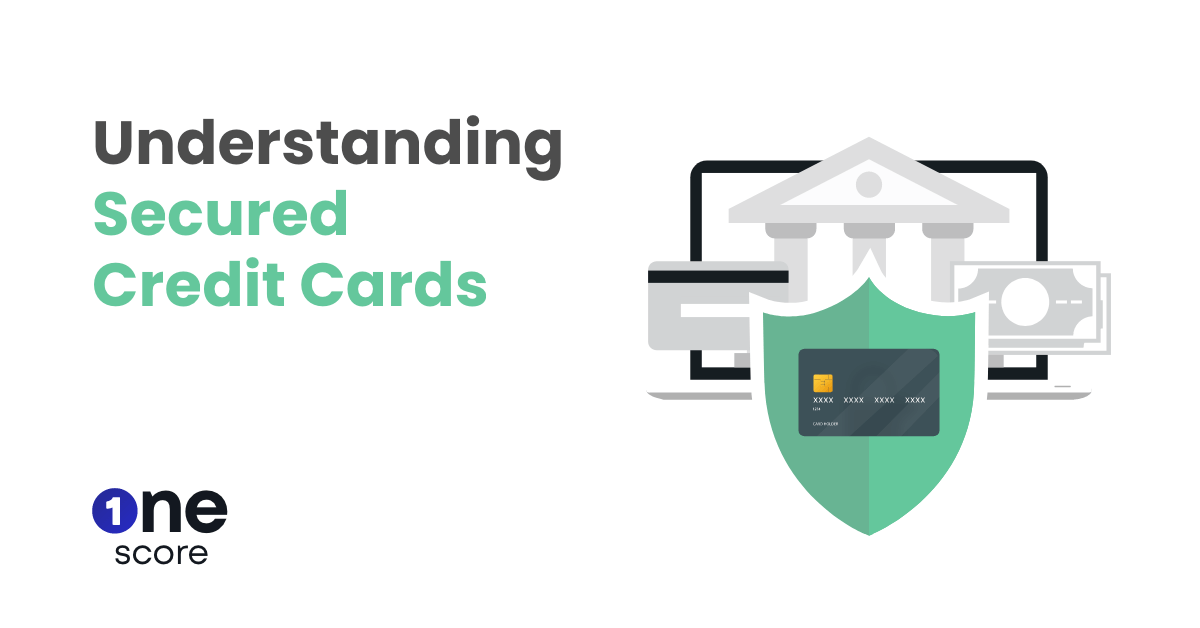
- OneScore , March 04, 2022

